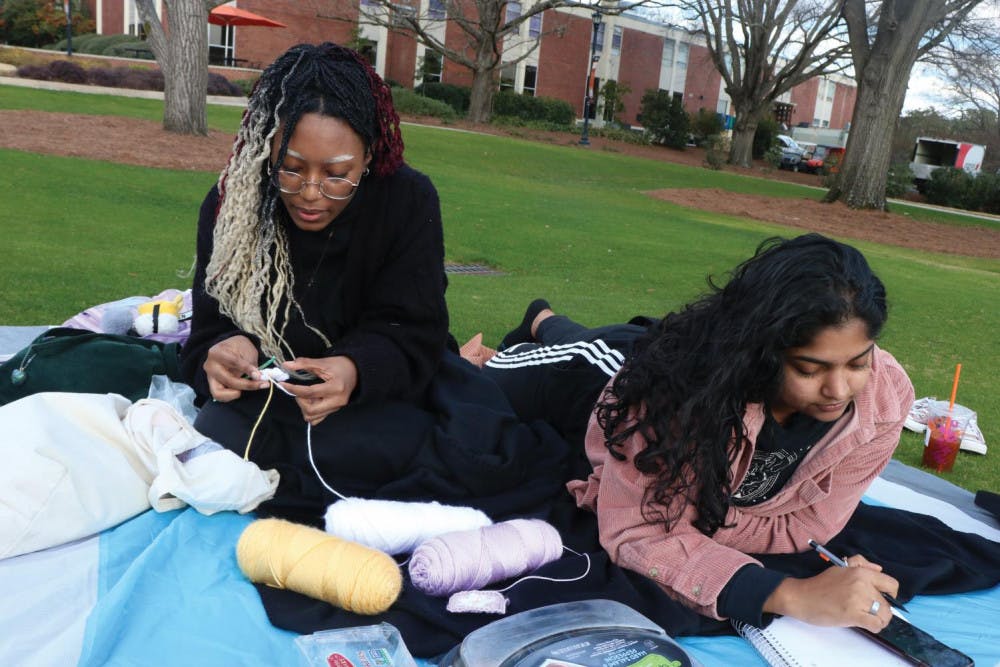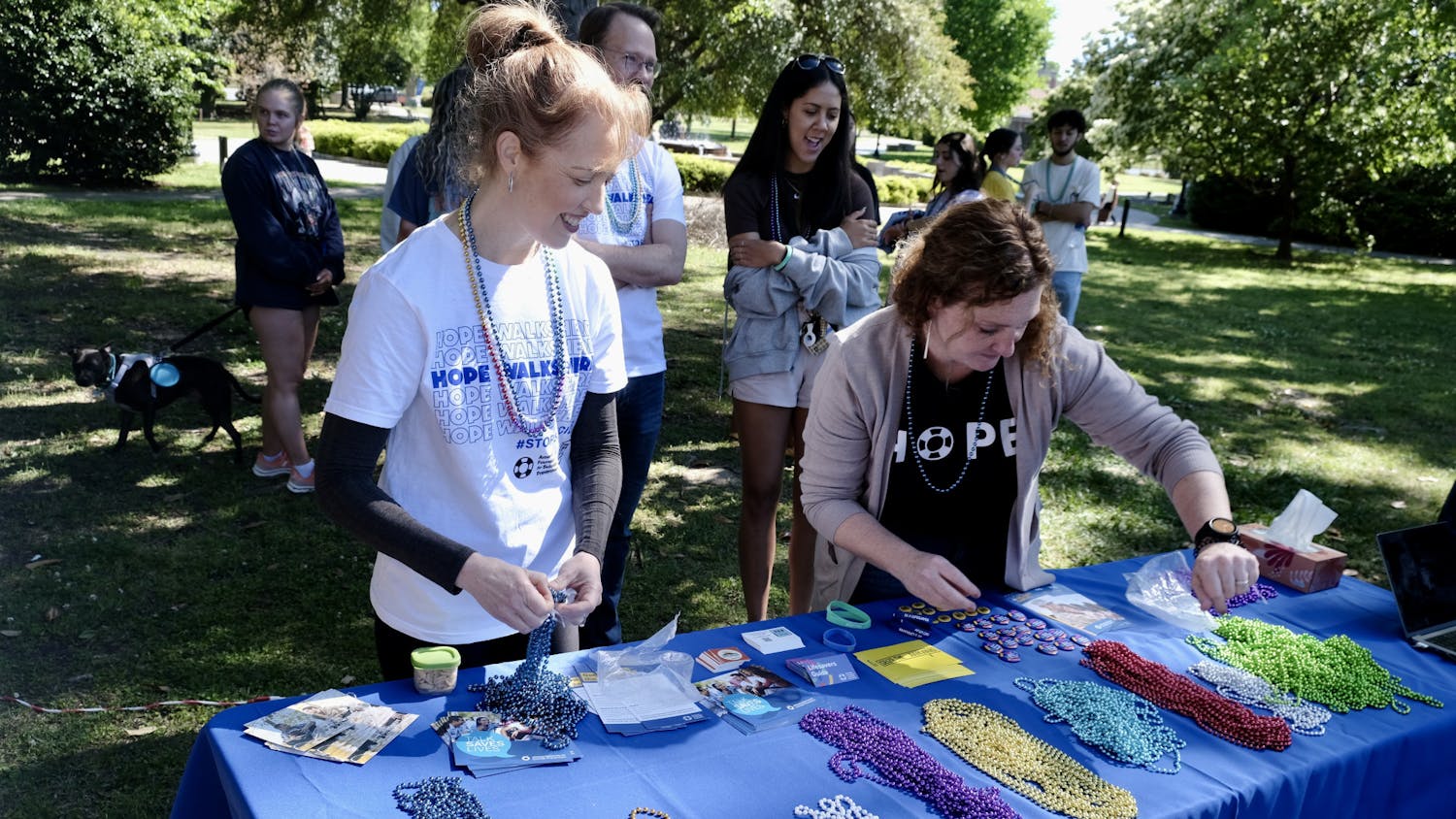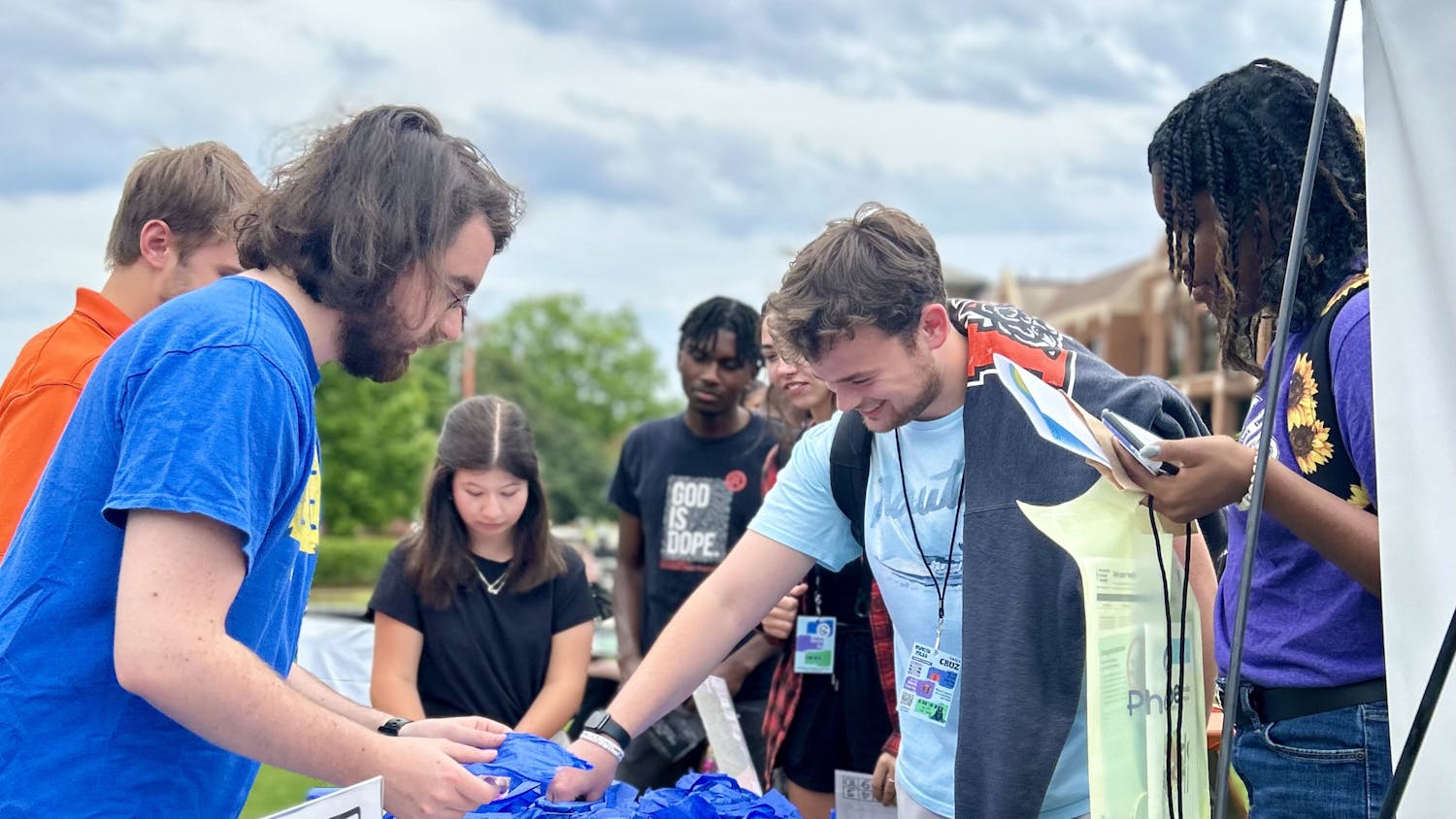This is an opinion article. Any views expressed belong solely to the author and are not representative of The Cluster.
Back in 2017, the National College Health Assessment released a report that said over 50% of students experienced above average or tremendous stress. That was before anyone had even thought about COVID-19, pandemics or quarantines, so it really isn’t surprising to realize that the amount of stress that students are under has skyrocketed.
With the increase of stress that students are feeling, it’s inevitable that it will lead to burnout. In a previous article for The Cluster, assistant director of Counseling and Psychological Services Corey Wetzel said, “Burnout, professionally, is defined as exhaustion or lack of motivation after prolonged periods of stress.”
One of the simplest ways to deal with burnout is to take a break, relax, reassess what you’re doing and then come back to your everyday life with a fresh look at everything. That’s why breaks have been so important to workers and students for so long, especially with the way they help reduce stress and the need for a recovery period at the end of the day.
Vacations like spring break are even better! Taking breaks not only reduces stress hormones and blood pressure, but it also makes you feel happier and better physically as well. There’s a reason that people look forward to spring break so much, and it’s not because there aren’t classes for a week. It’s the rest and relaxation away from classes that students get that they haven’t been able to since the beginning of the semester.
Mercer’s revision of the 2020-2021 academic year has drastically altered the breaks available for students. In the fall semester, there were three main changes: there was no fall break, students had classes on Labor Day and exams were held online when students went home during Thanksgiving. This semester, Mercer has replaced spring break with four random reading days spread throughout the semester.
The issue is that these reading days aren’t actually breaks. According to Mercer’s coronavirus webpage, they’re meant to give students time to prepare for exams and assignments. Faculty are encouraged to still be available, which also prevents them from receiving a break throughout the semester as well.
While the university still plans on giving students Good Friday and did give Martin Luther King Jr. Day off, the problem is that this still severely limits students’ ability to take a step back and recharge. Many students have to use the reading day as an extra day to catch up or work ahead on assignments.
While the change was intended to prevent more students from leaving campus, it doesn’t seem to have been working. While the number of students leaving campus every weekend probably isn’t tracked, more and more of my friends and classmates have been leaving each weekend to get away from campus. They’re not partying; they’re just going home for the weekend due to being unable to see their families or friends throughout the semester. It simply prevents students who either can’t go home on the weekend or can’t drive from doing the same thing.
While there needs to be limits in place, this isn’t the way to do it. Instead of completely removing spring break, Mercer could have just required students to be tested when they came back to campus and prior to classes starting again. They could have even shortened break by a day to make sure that students had time to be tested and receive results prior to classes starting again. There are only four reading days anyway, instead of the typical five for spring break.
There are valid concerns about how a spring break would have risked exposure. However, for a campus that opened amid student protests last semester, it certainly feels like Mercer chose the option that would negatively impact the students that they’re meant to be helping.
OPINION: College students aren’t getting enough breaks without a formal spring break

Sanaa Yusef and Nayahna Gordon hanging out on Cruz Plaza on Feb. 21.




